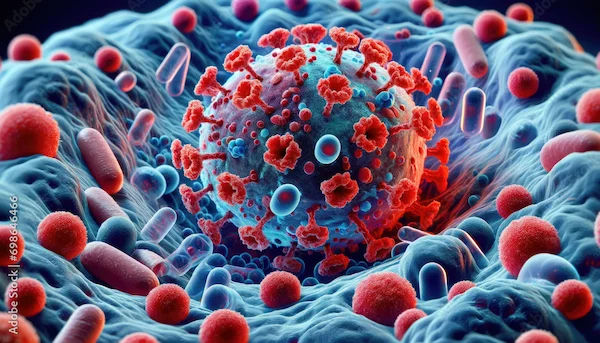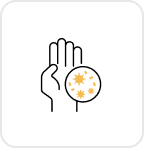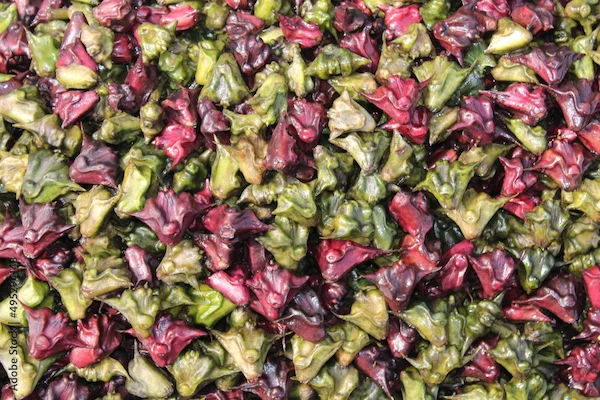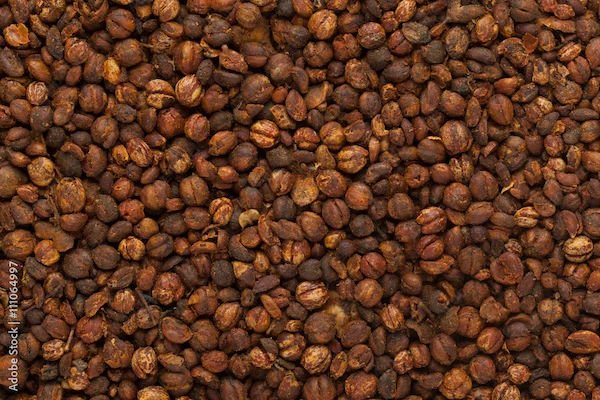JN.1 Virus: Overview and Key Information
Get a clear overview of the JN.1 virus, a dominant COVID19 variant. Learn about its transmissibility, common symptoms, severity, and the importance of vaccination and precautions for protection.


The JN.1 virus is a new variant of COVID-19 that has recently been detected in several countries. While it is a subvariant of the Omicron strain, experts are closely monitoring its spread and impact. If you or your loved ones are concerned about this new variant, this article will help you understand what it is, its symptoms, how it spreads, and what precautions you can take to stay safe.
What is the JN.1 Virus?
JN.1 is a subvariant of the Omicron strain of the SARSCoV2 virus, which causes COVID-19. It evolved from the BA.2.86 variant and has some additional mutations that may make it more contagious. However, current evidence suggests that while it spreads faster, it does not necessarily cause more severe illness than previous variants.
Symptoms of JN.1 Infection
The symptoms of JN.1 are similar to those of other Omicron subvariants and may include:
Fever or chills
Cough
Sore throat
Runny or stuffy nose
Fatigue
Headache
Muscle or body aches
Shortness of breath (in some cases)
Loss of taste or smell (less common than earlier variants)
Most people experience mild to moderate symptoms, especially if they are vaccinated. However, older adults, people with weakened immune systems, or those with underlying health conditions (like diabetes, heart disease, or lung disease) may still be at higher risk of severe illness.
Get Your Symptoms Assessed
How Does JN.1 Spread?
Like other COVID19 variants, JN.1 spreads through:
Respiratory droplets (when an infected person coughs, sneezes, or talks).
Close contact with an infected person.
Touching contaminated surfaces and then touching the face (less common but still possible).
Because of its mutations, JN.1 may spread more easily than some earlier variants, making precautions even more important.
Consult Top Specialists
How to Protect Yourself from JN.1?
While the JN.1 variant is being monitored, the best ways to stay safe remain the same as for other COVID-19 variants:
1. Get Vaccinated and Boosted
COVID19 vaccines and booster doses help reduce severe illness, hospitalization, and death.
If you haven’t received the latest booster, check with your doctor about getting one.
2. Wear a Mask in Crowded or Poorly Ventilated Areas
High-quality masks (N95, KN95, or surgical masks) can help reduce transmission.
3. Practice Good Hygiene
Wash hands frequently with soap and water for at least 20 seconds.
Use hand sanitizer (with at least 60% alcohol) when soap isn’t available.
4. Improve Indoor Ventilation
Open windows or use air purifiers to reduce virus particles in the air.
5. Stay Home If You Feel Sick
If you have symptoms, isolate yourself and get tested to avoid spreading the virus.
6. Consider Testing If Exposed or Symptomatic
Rapid antigen tests and RTPCR tests can detect COVID-19, including JN.1.
What to Do If You Test Positive for JN.1?
If you test positive for COVID19 (including the JN.1 variant):
Isolate for at least 5 days (longer if symptoms persist).
Wear a mask around others for at least 10 days.
Rest and stay hydrated—most cases are mild and recover at home.
Monitor symptoms—seek medical help if you experience:
Difficulty breathing
Persistent chest pain
Confusion or inability to stay awake
Bluish lips or face
Should You Be Worried About JN.1?
While JN.1 is spreading, there is no evidence yet that it causes more severe disease than other Omicron variants. Vaccinated individuals and those who have had previous infections may still have some protection. However, staying cautious is important, especially for high-risk individuals.
When to Consult a Doctor?
If you or a loved one are at high risk (elderly, immunocompromised, or with chronic conditions) and test positive for COVID19, consult a doctor early. Antiviral treatments like Paxlovid may help reduce severe illness if taken soon after symptoms start.
Need Help? Book a Consultation or Test on Apollo 24|7
If you have symptoms or concerns about JN.1, you can:
Consult a doctor online via Apollo 24|7.
Schedule a COVID-19 test for quick and accurate results.
Stay informed, stay safe, and take the necessary precautions to protect yourself and your loved ones!
Consult Top Specialists
Consult Top Specialists

Dr. Suraja Nutulapati
General Physician/ Internal Medicine Specialist
10 Years • MBBS, MD (Internal Medicine)
Hyderabad
Apollo 24|7 Clinic, Hyderabad
(850+ Patients)

Dr D M Karthik
General Practitioner
4 Years • MBBS, Fellowship in Diabetes Mellitus, Advance certificate in Diabetes Mellitus, Derma Nutrition Certification
Visakhapatnam
Apollo 24|7 Clinic - Andhra Pradesh, Visakhapatnam

Dr. D Bhanu Prakash
General Practitioner
10 Years • MBBS, AFIH, Advanced certificate in critical care medicine, Fellowship in critical care medicine
Hyderabad
Apollo 24|7 Clinic, Hyderabad

Dr. Mohammed Kamran
General Practitioner
5 Years • MBBS, FIDM
Nashik
Apollo 24|7 Clinic - Maharashtra, Nashik

Dr. Vasanthasree Nair
General Practitioner
15 Years • MBBS
Angamaly
Apollo 24|7 Clinic - Kerala, Angamaly
(425+ Patients)





